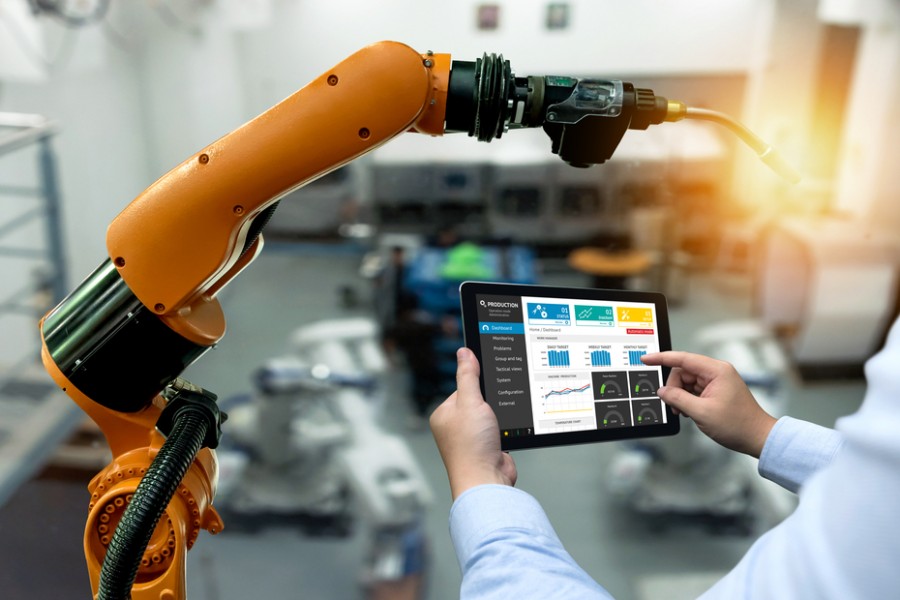
The Internet of Things (IoT) and mobile apps work extremely well together. As a result, you have to start thinking about how it’s going to impact your app development (if you haven’t started to think about it already).
IoT is being adopted rapidly and this technology is starting to change every aspect of our lives (one by one). As a result, it also presents an enormous business opportunity as it starts to impact every industry across the board (and across the planet).
All this shared connectivity means that we far more connected to our devices than ever before. This means that businesses have to build apps that are far more intelligent as well.
So what does this all mean for mobile app developers?
At a basic level, in the IoT phase of digitization, apps have to move away from only communicating and connecting to one mobile operating system to connecting to a countless number of devices. As a result, this will require some seriously specialized skills when it comes to app development.
1. Embrace a progressively diverse and flexible skill set
In the age of smart objects, to remain relevant, apps have to be designed to be highly adaptable. This is because apps can quickly become obsolete in the advent of new technology (like if your app fails to connect with smart things around you).
To achieve this, developers also need to be highly adaptable and committed to investing in their own development. So if you identify any skills gaps, it’s time for an update!
2. Focus on the Thing’s Function
All these years developers were asking what the app function was, but now the question has changed. Instead, you have to ask what the thing’s function is or what specific device it’s trying to integrate with.
In other words, software engineers need to have a solid understanding of the thing’s underlying technology before even starting to build an app to control it. Furthermore, they will also have to address how the app’s going to connect to it as it may not be the traditional Bluetooth, Wi-Fi, or cellular approach.
3. It will be important to take advantage of third-party software
The best way to reduce development time is to build an app on top of a ready-made IoT platform that’s already enabled to communicate with a wide range of smart objects (created by various manufacturers).
IoT Platforms Overview: Arduino, Raspberry PI, Intel Galileo , Tibbo and others
However, developers will need to learn how to connect to these third-party platforms seamlessly using a diverse range of APIs.
4. Emergence of niche development
Right now many app developers code for different platforms like Android and iOS, but as we approach a unified IoT platform, we might have a need for more niche developers. That being said, the current trend of businesses hiring one developer for everything is just not going to work anymore.
This means that enterprises will have to find at least one IoT developer (who just specializes in IoT) when this technology becomes more prevalent.
5. Security is everything
With unsurpassed connectivity, cyber criminals will now have more endpoints to target than ever before (remember the Mirai malware attack?). As a result, programmers will need to focus on building security at the core of every application.
It might be a good idea to update your cyber security skills by signing up for some additional training. This will probably be the best approach to keep up with rapidly evolving cyber security landscape.
IoT application development will continue to grow and will likely come in the form of mobile apps, progressive web apps, and enterprise applications. But mobile, in particular, is highly suitable for IoT as smartphones already play the role of communication hubs.
How does IoT impact your mobile app development? Please share your thoughts and experience in the Comments section below!









